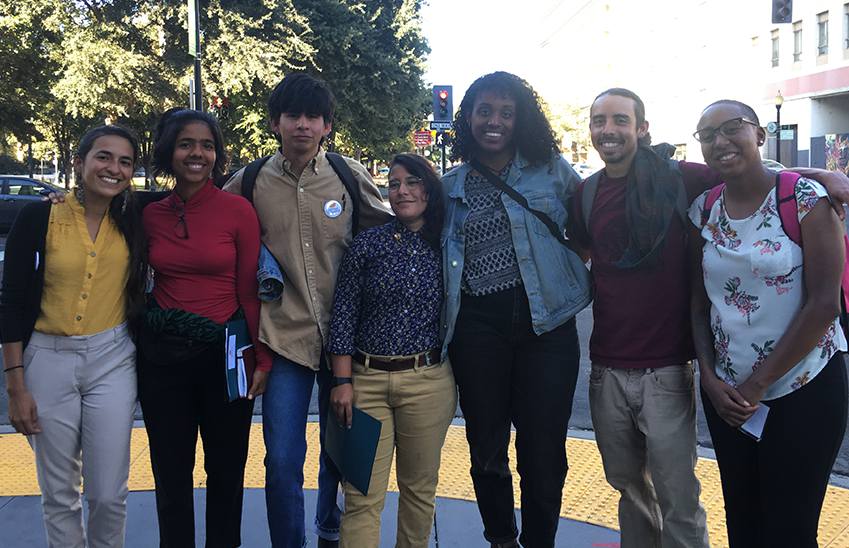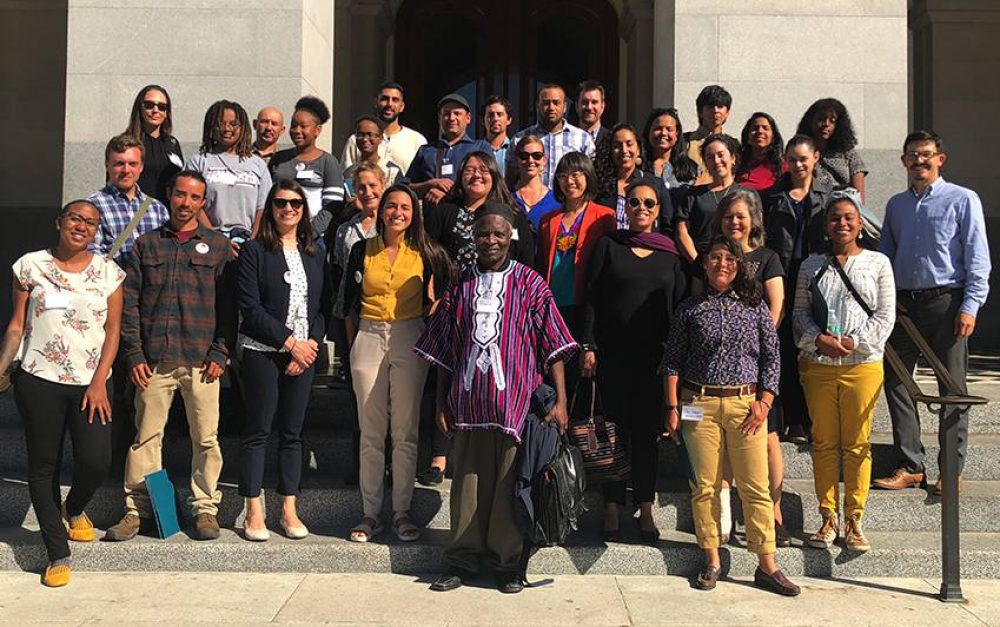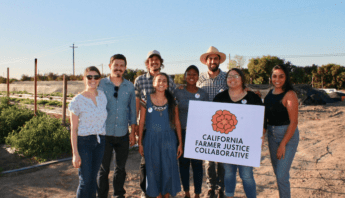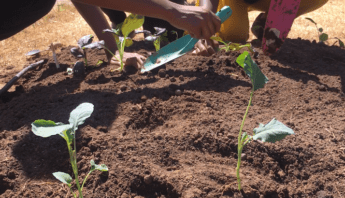Rebuilding a fair and resilient farming system means giving voice to those who have often been left out. Historically underserved farmers are just that – historically and systematically shut out of financial resources, markets, and technical assistance, among other opportunities. A group of farmers and farm allies across California seeking to change that lent their voices to some events at the State Capitol last week.
Rebuilding a fair and resilient farming system means giving voice to those who have often been left out. Historically underserved farmers are just that – historically and systematically shut out of financial resources, markets, and technical assistance, among other opportunities. A group of farmers and farm allies across California seeking to change that lent their voices to some events at the State Capitol last week.
On September 17 and 18, farmers of color and farm allies gathered in Sacramento for a PAN-supported roster of activities as part of the California Farmer Justice Collaborative’s Farmer Justice Days. Highlights included policy training, briefings, and visits with policymakers. Anchoring the Farmer Justice Days was the release of initial findings from the National Young Farmers Coalition’s California Report, an in-depth look at the challenges the state’s farmers face, in their own words. Farmers noted land tenure, technical assistance, climate change and adequate financial compensation as some of the issues that matter most to them, many of these underpinned by the legacy of structural racism.
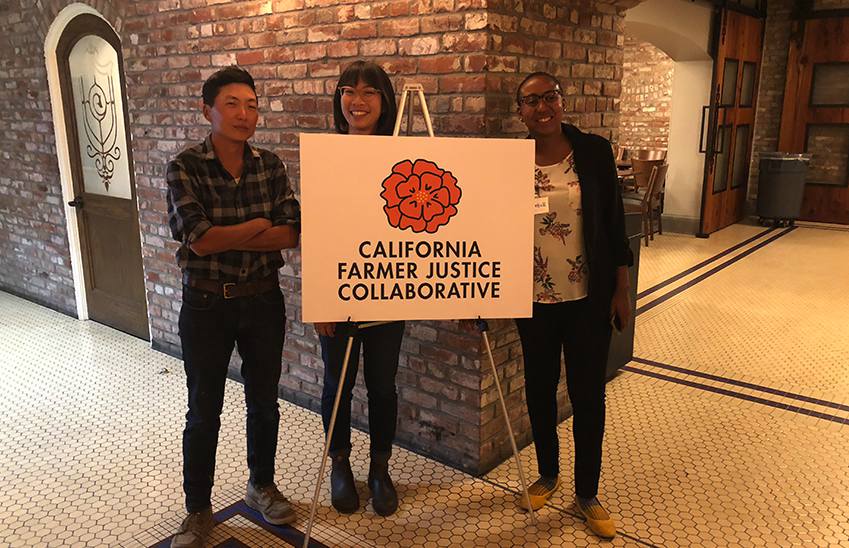
“We need to hear from all farmers— those we rely on for food, clothing, and stewarding our natural resources. We need to listen and take their lead so they can succeed. Their success is our success,” said Mai Nguyen, National Young Farmers Coalition California organizer and author of the report. “We need California farmers to represent the diversity of Californians,” she added.
The reality is that the Capitol is an intimidating place, even for those with some of the greatest access and privilege, and especially for those who feel a lack of historical representation in politics. And it takes time for often-disenfranchised farmers to navigate their participation in the political process. The Farmer Equity Act means to open the door to allow farmers to participate more in their government, while the California Farmer Justice Collaborative, including PAN as a member, reinforces the structural shifts that still need to take place in our culture and public discourse, inside government, in the agricultural community and for food-purchasers.
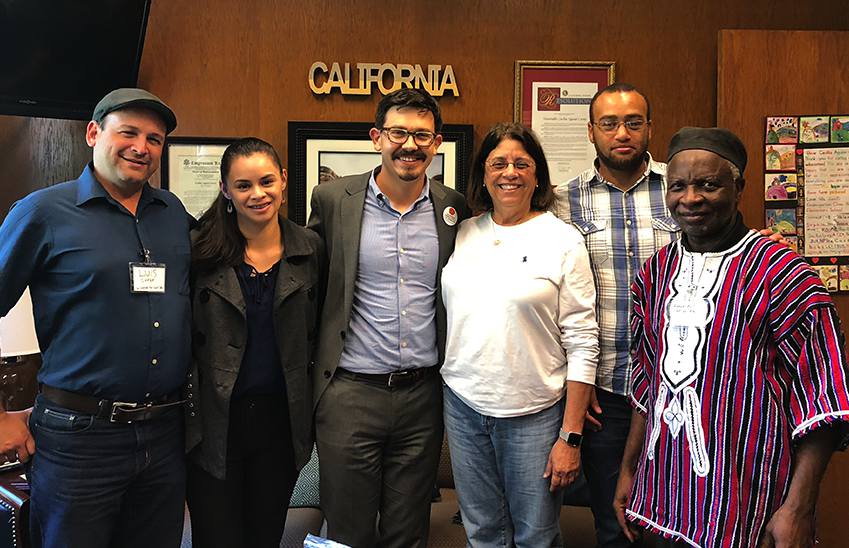
“California’s farmers and ranchers are diverse. Now more than ever, we are seeing an increase in women farmers and farmers of color. The Farmer Equity Act, a law I am proud to have authored, is helping socially disadvantaged farmers succeed by providing them with the resources, outreach, and technical assistance they need to level the playing field,” said Assemblymember Cecilia Aguiar-Curry.
The events also included some surprises; the California Department of Food and Agriculture (CDFA) publicly announced it had hired its first Farm Equity Advisor. The Advisor is tasked with the critical work of integrating the voices and perspectives of underserved farmers into a government system that isn’t yet designed to include them fully. There is no doubt plenty of work ahead for CDFA and the California Farmer Justice Collaborative.
